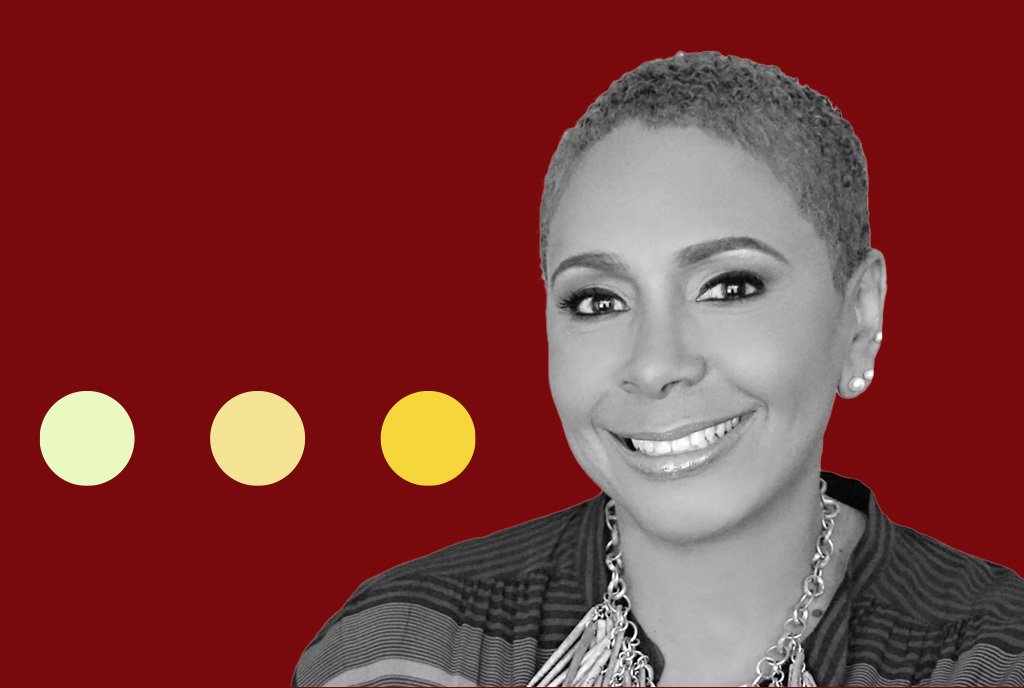When I was a new judge almost 20 years ago, I had the privilege to hear a speech by Don Coyhis, a Mohican elder. He shared a message that forever shaped my life and work.
Coyhis said we need to nurture and heal people who are hurting or who have been left out. But we also need to look and work upstream to correct systemic issues that cause people, families, and neighborhoods to continue struggling and suffering.
An example? Lead paint. Today, we know well its dangers and the harm it wrought. That’s why we scrape any lingering remnants to make homes safe for little ones. And we have long since banned putting lead in paint so no one can again be exposed to that harm. In other words, we have worked upstream to solve the problem.
That’s what the Duluth Superior Area Community Foundation does. We partner to meet current community needs. But we also work upstream, solving systemic problems that have held people back.
This year, the community foundation celebrates its 40th year as well as four decades of our Community Opportunity Fund, our largest source of grants supporting good work across our region. Now is the right time to set new priorities and direct our resources to address the root causes of issues affecting the Northland. That’s why we’re refocusing our community opportunity work around three areas: opportunity, belonging, and resilience.
Opportunity is work aimed at ensuring that every person has what they need to reach full potential so they can help our region reach full potential. Opportunity builds paths for economic success for all, particularly focused on those who have the deepest needs and those who have been locked out of full participation.
As a result, we will fund work that leads to upward mobility, economic power, and the ability of individuals to direct and determine their own lives.
Belonging is among the most critical issues facing us. Our culture suffers from deep divides. Words such as “isolation,” “loneliness” and “despair” appear daily in the news. They often show the toll that a lack of belonging extracts on our communities.
Many of the institutions that once drew us together have faded or disappeared from modern culture. We seek to turn the tide. We will lean even more into work that builds connections, shared humanity, and collaboration. Ultimately, we all want to know that we’ve contributed, that we belong, and that we can thrive here.
Resilience is our ability to prepare for, mitigate, adapt to, and recover from shocks and stresses. These can be fires and floods. They can also be shootings or other man-made tragedies.
We won’t ever live without stress, challenges, and catastrophes. The question is whether we are ready, resourced, and able to respond. Can we emerge together, still standing and perhaps even stronger? We will lift up resilience work, building community strength to prepare for and recover from life’s storms.
Along with these new priorities, we will lean more into transformational work, the upstream focus I mentioned earlier. We will do this by dedicating significant funding — grants of up to $100,000 a year for up to five years — to help change systems across our three new strategic priorities.
We will help partners committed to solving our toughest problems. Complex problems require complex solutions. Complex solutions require deep commitment, strong skills and sustained effort.
I challenge myself, my team, and my board — and all of us — to see philanthropy beyond the old notion of people with money giving to those without. The truth is that everybody has value to share. Whether you’ve got a big heart, a big checkbook, big skills, or big vision, everyone brings something to the table.
The beauty of a community foundation is it’s about your community. We are invested in our neighbors and our neighborhoods, our people and our places. If seeing our community thrive matters to you, then please join us. We’d love to work with you.
Shaun Floerke is president and CEO of the Duluth Superior Area Community Foundation. He can be reached at
sfloerke@dsacommunityfoundation.com
or (218) 726-0232.
Credit:Source link



